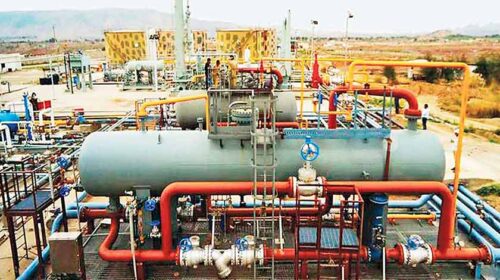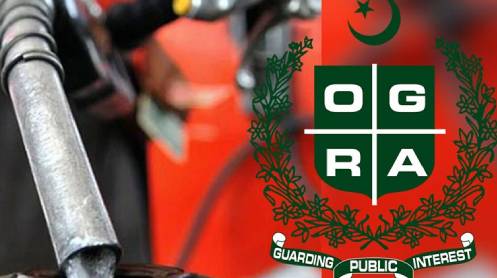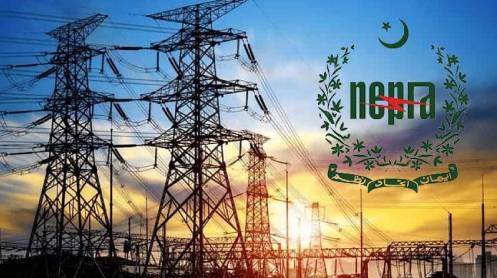The ECC “approved RLNG rate at $9 per mmBtu, all-inclusive to five export-oriented sectors across Pakistan for existing gas connections,” said an official statement, adding the ECC also recommended to the federal cabinet to raise the tariff of indigenous gas for export-oriented sectors at Rs1,350 per mmBtu and general industry at Rs1,550 per mmBtu. This will mostly apply in Sindh where the current price for export and general industry stands at Rs820 and Rs853 per mmBtu, respectively, showing an increase of almost 65pc and 82pc.
The RLNG to five export sectors — jute, leather, carpet, surgical and sports goods — is currently being supplied at $6.5 per mmBtu. The increase, thus, works out at about 38.5pc. A subsidy cover of Rs40bn for RLNG has been allocated under the federal budget 2022-23 which will be reviewed quarterly.
The ECC also approved the electricity rate at US cents 9 per kWh to five export-oriented sectors from Aug 1 subject to Rs20bn subsidy provided by the Finance Division in the budget, quarterly review of the subsidy and provision of a list by the Petroleum Division of industrial units getting subsidised gas and electricity, within one month to the ECC for review.
The meeting was informed that regionally competitive energy rates had been finalised in consultation with commerce, energy and finance ministries and the export sectors to continue the supply of electricity at a final all-inclusive rate of US cents 9 per unit to five export-oriented sectors.
Secondly, the imported and regasified liquefied natural gas (RLNG) would be provided to these sectors at $9 per mmBtu (also all-inclusive) instead of $6.5 per unit at present, from July 1 to June 30, 2023 across Pakistan without any disparity. As such, the RLNG would also be provided to consumers of Karachi-based Sui Southern Gas Company Ltd (SSGCL) on the same concessionary tariff as that of Lahore-based Sui Northern Gas Pipelines Ltd (SNGPL) consumers of five export sectors. At present, there is a restriction on new industrial gas connections due to a shortage of natural gas.
The case for fixed energy prices for the export industry was earlier finalised at a meeting presided over by Prime Minister Shehbaz Sharif. It has been accepted at the policy level that regionally competitive rates had provided a launching pad to the export sector to achieve a historically high level of $32bn in 2021-22, showing an increase of almost 26pc over 2020-21, hence the continuation of fixed rates for the current year and regionally competitive rates throughout the 2020-25 Textile & Apparel Policy to maintain the export momentum.
For the time being, only 50mmcfd gas will be supplied to captive power plants (CPPs) of export-oriented sectors on the SNGPL network till the time supply-related issues arising out of the tight international market get settled. The textile industry agreed that its CPPs in Punjab using local gas primarily for power generation would be shifted to the national grid. However, it would be important for the gas and power companies to ensure uninterrupted supply and reliability of grid electricity and sort out issues of new connections, load enhancement and transmission and distribution in the first place.
The sources said the commerce ministry’s summary for the gradual removal of the ban on luxury and non-essential imports could not make it to the ECC’s agenda due to limited time for consultations as authorities wanted to wait until the next meeting of the committee for foreign inflows to come in before opening up a free outflow of foreign exchange amid limited reserves.
The ECC also approved a supplementary grant of Rs750 million for the Ministry of Information and Broadcasting for the 75th Independence Day celebrations. The meeting also approved the proposal of the Ministry of Interior for payment of compensation/goodwill package from its budget.





